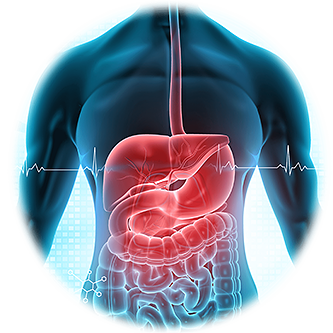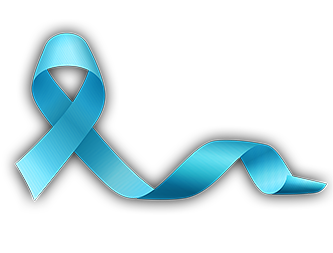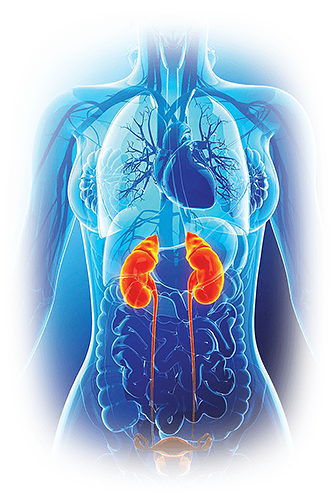Login
For Clinician Providers
For Clinician Providers
For Patients
Laboratory Test Directory
Pregnancy & Prenatal Testing
Pre-Conception (Pre-Pregnancy)
Testing that may be offered to the woman and her partner to evaluate the risk of inherited diseases are:
- Genetic testing for inherited diseases
- Genetic testing for hemoglobin disorders
- Cystic fibrosis carrier testing
Testing that may be recommended to the woman either when she is considering a pregnancy or at one of her first prenatal visits include:
- Immunity to rubella (German measles) test
- Human immunodeficiency virus (HIV) screening test
- Gonorrhea, chlamydia, and syphilis tests
- Pap test and HPV testing
- Hepatitis B and hepatitis C screening
- Varicella zoster virus testing
First Trimester (up to 12 weeks)
- Pregnancy test (hCG)
- Blood typing and RBC antibody screen
- Pap test and HPV testing
- Urine screen for glucose and/or protein
- Blood glucose or hemoglobin A1c test â for women at risk of type 2 diabetes
- Thyroid stimulating hormone (TSH) â for women with a history of thyroid disease
- Complete blood count (CBC)
- Immunity to rubella (German measles)
- Human immunodeficiency virus (HIV) screening
- Gonorrhea, chlamydia, and syphilis tests
- Hepatitis B and hepatitis C screening
- Varicella zoster virus testing â to check for immunity to chickenpox; less routine
- Toxoplasmosis, rubella, cytomegalovirus (CMV), herpes simplex (TORCH) panel â if an infection or exposure to certain infectious diseases is suspected
- Bacterial vaginosis â if the woman has symptoms
- Urine culture to detect bacteriuria
The following tests may be offered to women to assess risk of or detect fetal abnormalities:
- First trimester Down syndrome screen
- Cell-free fetal DNA (cffDNA)
- Chorionic villus sampling (CVS) â this test is not routinely performed but may be discussed with or offered to women who are at an increased risk of having a baby with certain chromosomal or genetic abnormalities.
Second Trimester (13 â 27 weeks)
The laboratory tests performed during the second trimester of pregnancy provide information to evaluate both actual and potential medical problems in the baby while continuing to monitor the mother’s health during the pregnancy.
- Urine screen for glucose and/or protein
- Urine culture to detect bacteriuria
- Glucose/glucose tolerance test
- Thyroid stimulating hormoneâfor women with a history of a thyroid disorder
- Second trimester maternal serum screen
- Amniocentesis
- Cordocentesis
- Cell-free fetal DNA
Third Trimester (from 28 weeks to delivery, around 40 weeks)
The laboratory tests used during these weeks are primarily directed toward preparing for the birth of a healthy baby. Testing may include the following:
- Urine screen for glucose and/or protein
- Urine culture to detect bacteriuria (may be repeated)
- Group B strep screen
- Complete blood count (CBC) (may be repeated)
- Thyroid stimulating hormone (TSH) â for women with a known thyroid disorder
- RBC antibody screen
- Fetal fibronectin (fFN) â if having symptoms of pre-term labor
- Amniocentesis â to assess lung development for babies at risk of premature deliver
Reference
https://labtestsonline.org/



